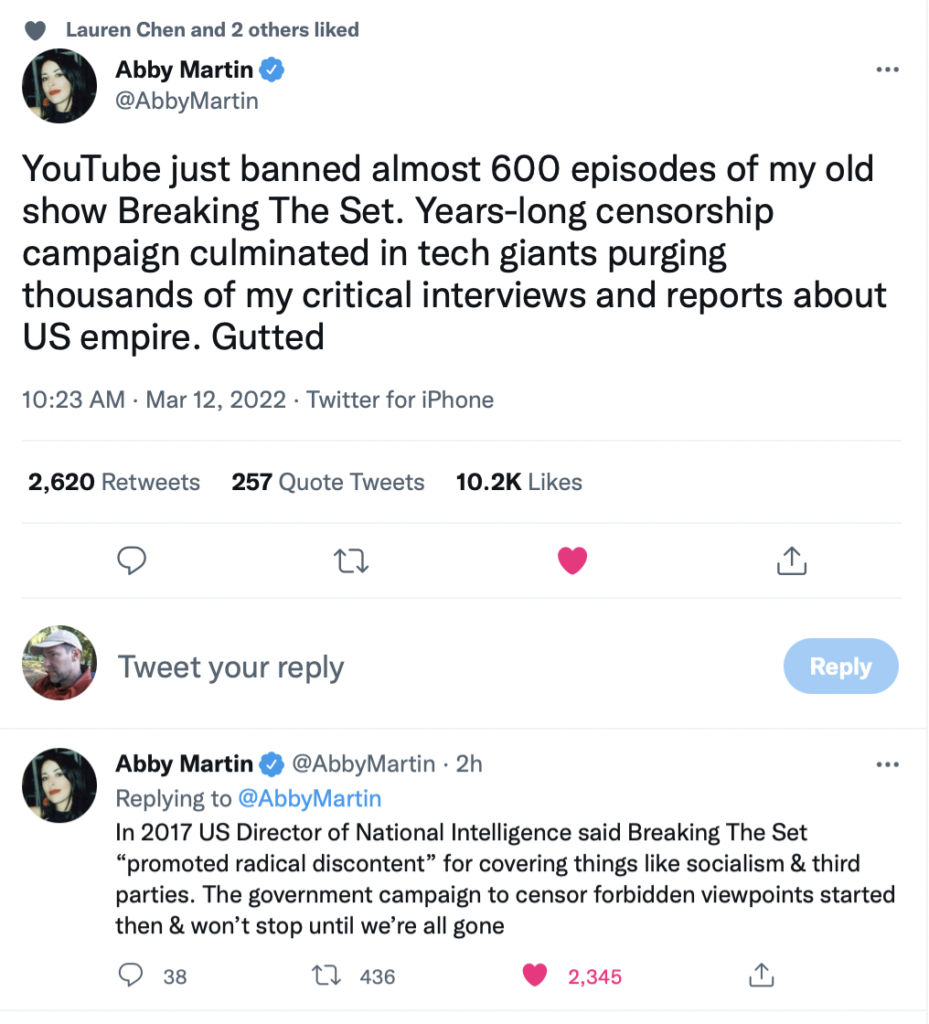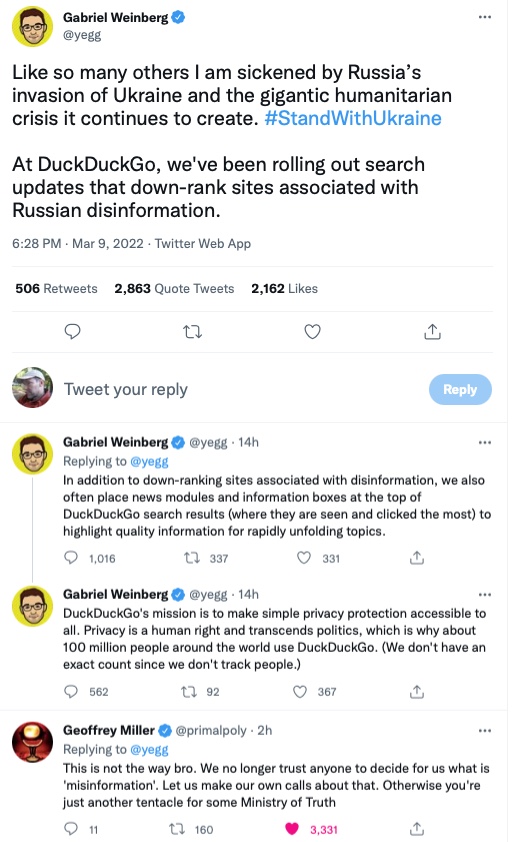How to Be a Human Animal, Chapter 22: Ontology and Mushy Words
Hello again, hypothetical baby! I'm back to offer you yet another chapter to help you to navigate this convoluted world into which you have been plopped. I'm trying to teach you things that I did not know while I was growing up. I learned these lessons the hard way. You can find links to all of these (soon to be 100) lessons in one convenient place: Here.
To begin, here is a "thing," a work of art that I created:

What is this thing? It started out as a part of a 2-D paint splatter I intentionally created--paint on canvas. I then photographed it and carted it into Photoshop and blended it with other layers until it looked like this. It’s now a thing that that looks almost 3-D. I call work of art “Risen.” Is it really a “thing” or does it just look like a thing?
As you grow up, you will constantly deal with “things,” physical and otherwise. It will surprise and annoy you that human animals constantly disagree about what a particular thing is and even whether that “thing” exists at all. Philosophers tuck these disagreements into the branch of philosophy called “ontology,” but these disagreements aren’t limited to philosophy classrooms. They occur constantly out in the real world.
You will find it a challenge to determine whether there are such things as violence, justice, love, intelligence, humility, courage or happiness. In the year 2022, people argued a lot about “race” even though there is no such thing as “race” (even though there are instances of ”racism.” Consider the work of Sheena Mason on this issue). None of the real-world instances of these things come with labels pasted on them. People often disagree about whether these things exist in particular situations. Some people stick these words on some situations and other people disagree. In other words, these things have no ”objective” meaning. George Lakoff and Mark Johnson (who I mentioned in Chapter 18) explain the term "objective" in their classic book, Metaphors We Live By (1980):
How to Be a Human Animal, Chapter 21: Listen to the Sage Advice of the Stoics
I hope I haven't been away for too long! Even though you are a hypothetical baby my absence might have caused you to get hungry for another lesson! What I'm trying to do here is to help you navigate this convoluted world. I'm trying to teach you things that I did not know while I was growing up. I learned these lessons the hard way. You can find links to all of these (soon to be 100) lessons in one convenient place: Here.
Here's a couple mini-lessons. First of all, if someone wants you to offer some good advice but you can't think of anything, just offer them some of the wisdom of the Stoics of ancient Rome. Your audience won't even know that these writings are ancient. Here's another cool thing: Even though this is "philosophy," it is practical advice to help you in your daily life. This is the opposite of academic philosophy.
Check this out. One of the key tenets of the Stoics is essentially the Serenity Prayer. Epictetus writes:
The chief task in life is simply this: to identify and separate matters so that I can say clearly to myself which are externals not under my control, and which have to do with the choices I actually control. Where then do I look for good and evil? Not to uncontrollable externals, but within myself to the choices that are my own.
— Epictetus, Discourses, 2.5.4–5
Compare to the Serenity Prayer:
God, grant me the serenity to accept the things I cannot change, courage to change the things I can, and wisdom to know the difference.
Here is another Stoic version of this same idea:
“Who then is invincible? The one who cannot be upset by anything outside their reasoned choice.”
— Epictetus, Discourses , 1.18.21
Why is this lesson so valuable? Because human animals screw this up so often! They need to hear this advice over and over, because we are wired to obsess and fret over things we cannot change. But here's a caveat: you shouldn't make excuses when you could change something but you are too lazy to put in the effort. You need to be honest with yourself about what you can change. Then get to work on something you can handle. Don't waste your life away by fretting and obsessing. Many things have changed over the past 2,000 years, but the wisdom of the Stoics is as relevant as ever. Here's my favorite Stoic quote: “The Obstacle Is the Way.” Marcus Aurelius Is it possible to fit more wisdom into such a short quote?
Duck Duck Go Drinks the Koolaid: Decides to Tell Us What to Think
I often use Duck Duck Go, but my confidence level in the search engine has plummeted. Geoffrey Miller sums up the problem at the bottom:
How is it possible that Duck Duck Go is now ignoring why people switched over from Google?
Intolerance of Viewpoint Diversity at Colleges
From a NYT op-ed by Emma Camp, "I Came to College Eager to Debate. I Found Self-Censorship Instead."
“Viewpoint diversity is no longer considered a sacred, core value in higher education,” Samuel Abrams, a politics professor at Sarah Lawrence College, told me. He felt this firsthand. In 2018, after he published an Opinion essay in The Times criticizing what he viewed as a lack of ideological diversity among university administrators, his office door was vandalized. Student protesters demanded his tenure be reviewed. While their attempts were unsuccessful, Dr. Abrams remains dissatisfied with fellow faculty members’ reactions. In response to the incident, only 27 faculty members signed a statement supporting free expression — less than 10 percent of the college’s faculty.
- Go to the previous page
- 1
- …
- 135
- 136
- 137
- 138
- 139
- 140
- 141
- …
- 506
- Go to the next page


